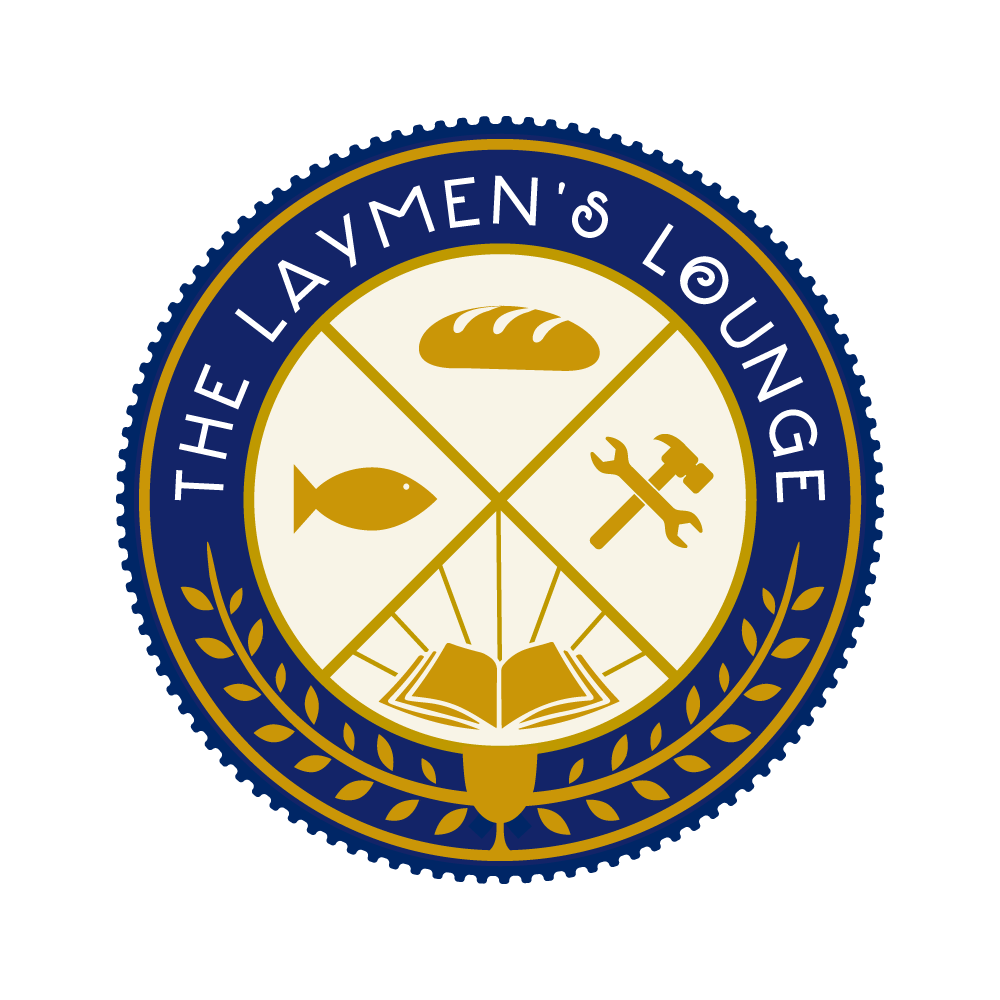“Jesus did not call all men as individuals to the special task of being fishers of men, the modern contention that every Christian must be a missionary, to the contrary notwithstanding. Christ called the twelve to be fishers of men and made them apostles (John 1:37-51; Matt. 4: 18-22; 10: 1-16); he also called seventy to go before his face into every place, whither he himself would come (Luke 10:1). In the latter connection he told one of those whom he would recruit for this task to let the dead bury their dead, “But go thou and preach the kingdom of God” (Luke 9:60). In other words, this man had to give up his earthly calling and to forsake all for the sake of preaching the kingdom, to publish abroad the message of the gospel. But this was not the universal requirement of discipleship. And although all the apostles were presumed to be qualified and set apart for special preaching missions, the first Gentile church did not endeavor to send all its converts out to teach the nations, but, at the behest of the Spirit they separated Paul and Barnabas (later this team split into two and consequently two teams went forth) from among their own local teachers and prophets (all were not teachers and prophets) to the work to which the Spirit had called them (Acts 13:l-3). Neither Christ himself, nor any of his apostles, ever intimated that every believer had to be a missionary. Indeed, the term “missionary” in the New Testament has the special connotation of one who is sent by the church to seek those that are without. However, the love of Christ also constrains every Christian to give vocal witness to lost sinners and to call them to repentance. Hence the missionary mandate is fulfilled by those who have a cultural calling.
There is a difference in the two mandates as to the character of their addressees. The cultural mandate is addressed to all men through the representative head Adam, and after the Flood, Noah, whereas the missionary mandate is addressed to the church of Jesus Christ as organism, addressed through its office bearers who were present at the ascension. That this was the plain understanding of the disciples is clear from the fact that they always deputized certain teachers and prophets and apostles for the task of evangelization, but never thought of this as the task of every one in the church. And every one was not qualified by the Spirit as were Stephen, Paul, Barnabas, Silas, nor were they all accredited as were Timothy by the laying on of the hands of the presbytery… The two mandates, cultural and missionary, are not in contradiction the one to the other, so that the Christian is disobeying the one while he obeys the other. But the Calvinist believes that believers must fulfill both mandates. However, the one comes to him from God as creator of heaven and earth simply in virtue of his creaturehood to which he is restored through Christ. Thus he can function as God’s image-bearer in society to fulfill the cultural mandate to the glory of God. The other mandate is addressed to the church as body of Christ and comes to the believer in virtue of his new creation in Christ. But the church executes this mandate, as did Antioch in Pisidia in the days of Paul, choosing and sending whom it believes to be accredited and qualified by the Spirit. But every Christian in his cultural pursuit as member of the church of Jesus Christ is supporting that special work of the church with his prayers, with his offerings, with his whole being since he offers his body as a living sacrifice unto God. In short, he is a dedicated man. He works with all his might as unto the Lord, in a double sense. For in his cultural labors he seeks to fulfill the will of God by functioning in the realm of power, controlling nature and men for God’s sake, in humble obedience to The divine mandate. But further, all the produce of his brain and brawn is dedicated to the coming of Christ’s kingdom; he does not call anything his own, but holds all his goods in common as far as the needs of the kingdom are concerned. He considers himself merely a steward of what God has given him and directs his affairs with the utmost perspicuity and efficiency since he is managing a part of the estate of the heavenly Father to whom all things belong, whose he is and whom he serves. The Calvinistic doctrine of vocation, therefore, lifts men out of the drudgery and serfdom of economic necessity and transforms them into a kingdom of priests unto God. This is the Christian liberty of which Calvin spoke so pungently and inimitably.
Neither has one Christian been called to culture and the other to missionary endeavor. The point that the author has been trying to make is that every Christian is as a matter of fact fulfilling both callings, but that there is a certain division of labor. However, as was indicated before, the missionary is bringing a new culture indirectly, that is, a Christian culture, to replace the pagan culture, when men are made through his preaching new creatures in Christ. But beyond all that, since Christ has judged the world by his cross (John 12:31), the cultural labors of Christians cannot but reflect that judgment upon the world. And the crossbearing, to which the Christ calls his followers, is not restricted to personal injury or insult due to faithful witnessing for Christ, or due to one’s religious life in the narrow cultic sense, for the Christian’s cultural labors belong to the Christian’s career of witnessing and cross-bearing. The antithesis between cross-bearers and bearers of culture among Christians is a false one, since all Christians are by the fact of regeneration bearers of an alien culture, in the eyes of the world. They are peculiar in the eyes of the world. They are a holy nation, a people for God’s own possession (I Peter 2:9). For this the world hates the Christian and his culture. For if men confess as their motivation the love of God and maintain the law of God as their norm, while proclaiming the glory of God the goal of their cultural striving, they will be the laughing stock of the world. For one’s culture is always the expression of one’s status in the covenant, which regulates man’s relationship to God. And those who break the covenant and live in enmity against God cannot look with favor on those who submit their lives to the will of God, for thus they would condemn themselves.”
– Henry Van Til, Calvinistic Concept of Culture (223-226)

Henry Van Til (1906-1961) was born 28 September 1906, in Griffith, Indiana. He studied at Ferris Institute in Big Rapids and at Calvin College, receiving his AB degree from the latter school in 1934. For the next two years he studied at Westminster Seminary but completed his seminary training at Calvin Theological Seminary in 1937. He then returned to Westminster for two more years receiving a Master of Theology degree in 1940. After being ordained to the ministry, he served the Sumas, Washington, Christian Reformed Church for three years. Feeling called to the Army chaplaincy, he left Sumas and served as chaplain until the end of the war. Post-war years found him at the University of Chicago briefly, but for fifteen months at the Free University of Amsterdam where he studied theology and philosophy under Professor Dooyeweerd. In 1946 he became associate professor of Bible at Calvin College where he remained until his death in 1961. He was survived by his wife, Elizabeth née Zandstra, and their seven children. While at Calvin he served as president of the Calvinistic Culture Association in 1955, as well as vice-president of the Evangelical Ministerial Union in Grand Rapids. He was a charter member of the Reformed Fellowship, Inc., serving on the Board for several years. He was also book-review editor of the Reformed Fellowship’s paper, Torch and Trumpet. In 1959 he completed a scholarly book, entitled The Calvinistic Concept of Culture (in this collection) which received considerable attention in many periodicals.




A good word. I addressed this topic carefully and briefly in my book. Happy Thanksgiving.